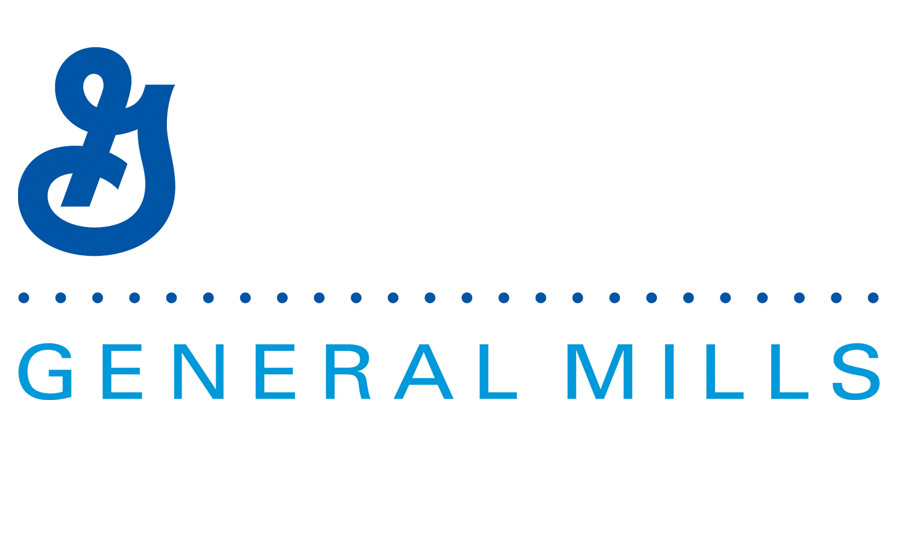Following engagement with investors and advocates, General Mills a major packaged foods company to improve policies to protect bees and other pollinators from the impacts of pesticides.
A shareholder resolution filed by investor advocacy non-profit As You Sow and Clean Yield Asset Management was withdrawn after the company agreed to update its Global Responsibility Report with a commitment to support the White House's Pollinator Health Task Force strategy.
"Leadership in sustainability means tackling the tough issues," said Harriett Crosby, General Mills stockholder and great-granddaughter of General Mills co-founder John Crosby. "General Mills did the right thing and Honest John would be proud. It's not just bees and other insects that are affected by neonics, it's earthworms and birds that eat insects. This is good news for the entire ecosystem."
Since 2006, nearly one-third of all honeybee colonies in the US have vanished due to Colony Collapse Disorder. According to the International Union for the Conservation of Nature, which reviewed more than 800 peer-reviewed studies, neonicotinoid insecticides ("neonics") are causing significant harm to bees and ecosystems. Over the past decade, neonics have grown to roughly 25% of the global agrochemical market.
"Many of the crops that General Mills buys depend on pollinators," said Austin Wilson, Environmental Health Program Manager at As You Sow. "By investing in supply-chain sustainability, General Mills is ensuring the future of its supply chain and its profitability."
"Reversing the decline in pollinator populations requires attention to reducing the use of neonicotinoid pesticides, and supporting healthy soils and pollinator habitats," said Shelley Alpern, Director of Social Research and Shareholder Advocacy at Clean Yield Asset Management. "Home Depot, Lowe's, and Whole Foods recently made commitments to incentivize suppliers to cease using neonics. General Mills is the first major packaged food company to invest in an extended partnership to stem the excessive use of bee-harming pesticides."
General Mills agreed to implement the new policies after working with As You Sow, Clean Yield, and Trillium Asset Management. The company has committed to "protecting pollinators from exposure to pesticides" through an extended partnership with non-profit conservation group Xerces Society and key commodity crop suppliers "to consolidate and disseminate guidance to growers of key commodities such as corn and soy on how to protect and minimize the impact of neonicotinoids and other pesticides to pollinators."
"We commend the company's actions on this issue," said Susan Baker, VP of Shareholder Advocacy at Trillium. "These steps send an important market signal that working closely with suppliers to reduce pollinators' exposure to bee-harming pesticides is essential to mitigating a serious systemic risk to our food system."
General Mills to Protect Bees from Pesticides
After dialogue with investors, General Mills updates pollinator policies
